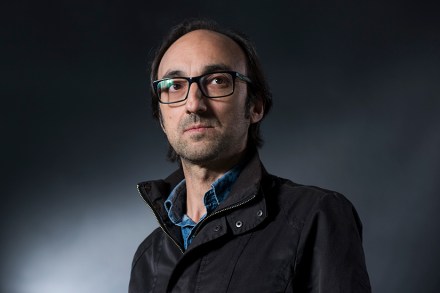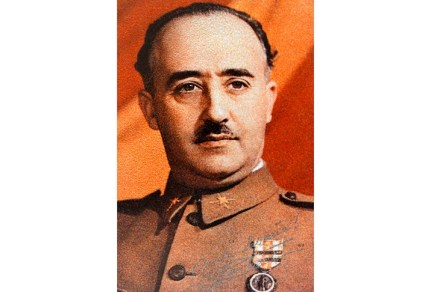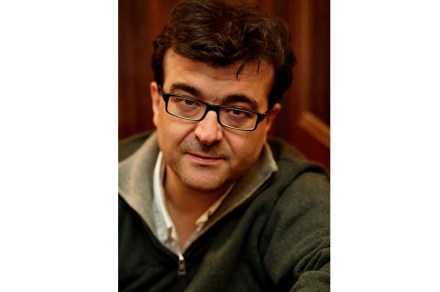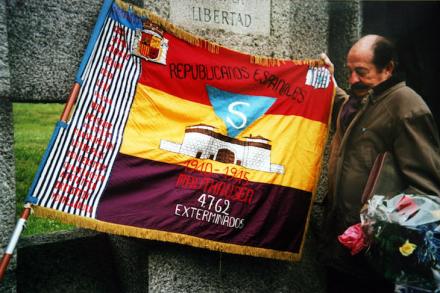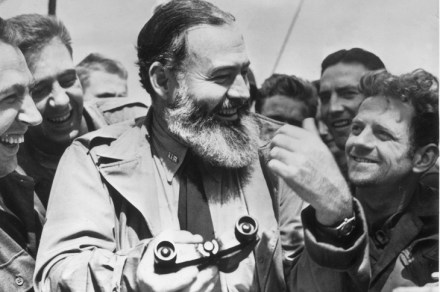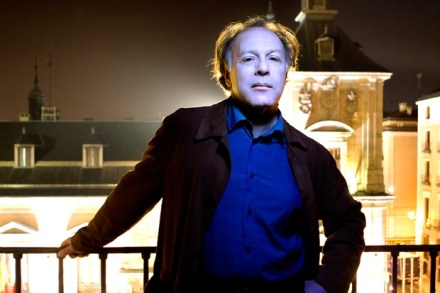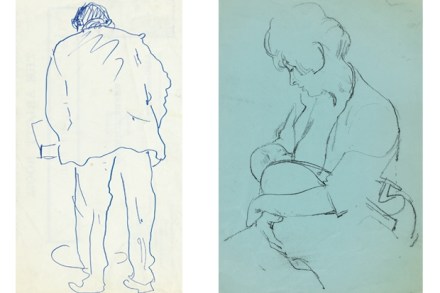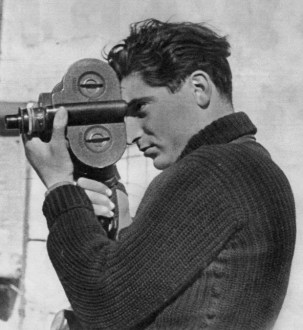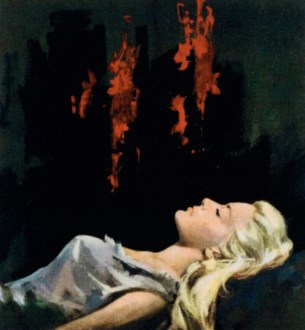What military lessons can we learn from Ukraine?
The past comes in convenient lumps, each able to provide a lesson. When I was growing up, it was the Munich Agreement, giving Hitler the Sudetenland, and Suez, that embarrassment, that historians tried to glean some wisdom from. We later embraced the lessons from Vietnam, about guerrilla warfare, and after that the teachings of Iraq and Afghanistan, about counterinsurgency. All wars taught us something, apparently. Ukraine has appealed for international military support by presenting itself as a testing ground for future wars. The Ukrainian defence minister says that Ukraine is the perfect place for the arms industry to try out its new kit, and our own defence secretary has said as much



